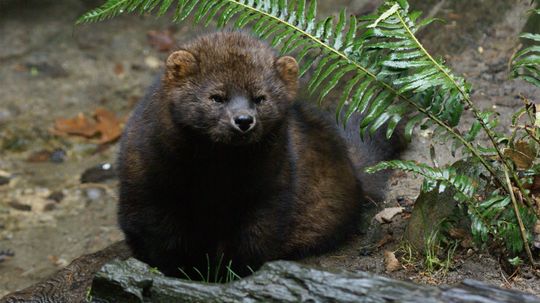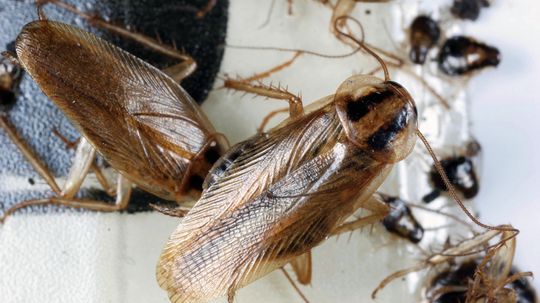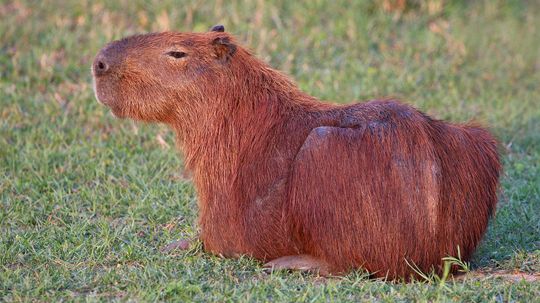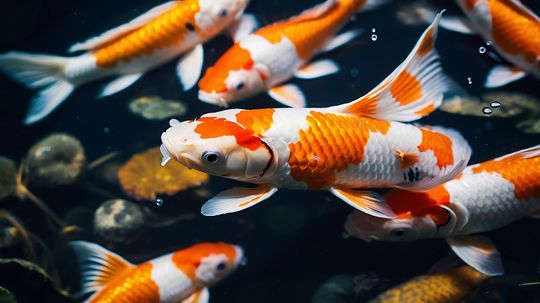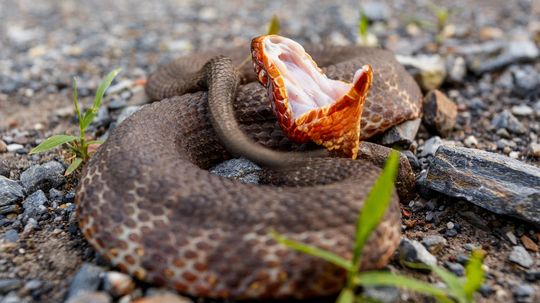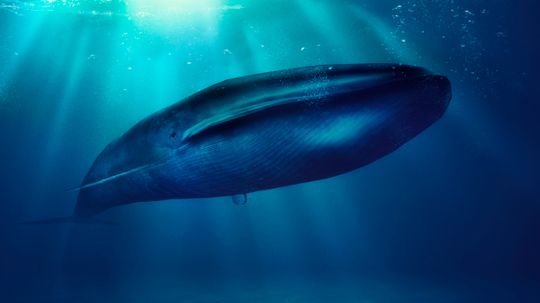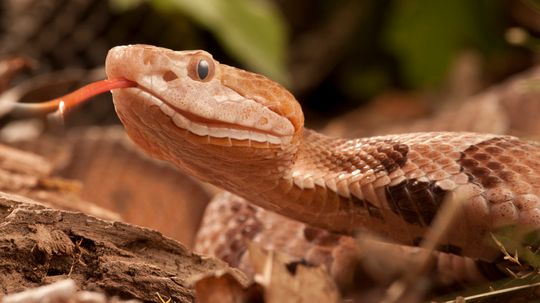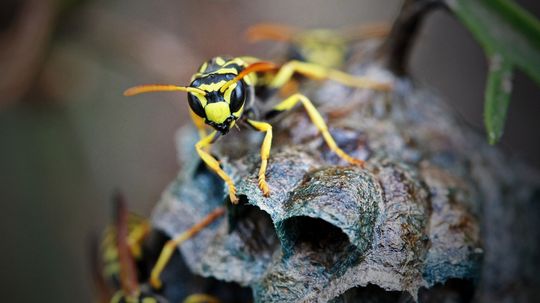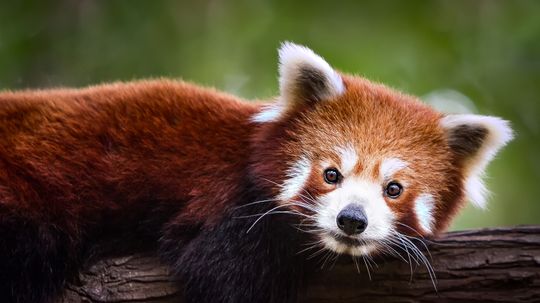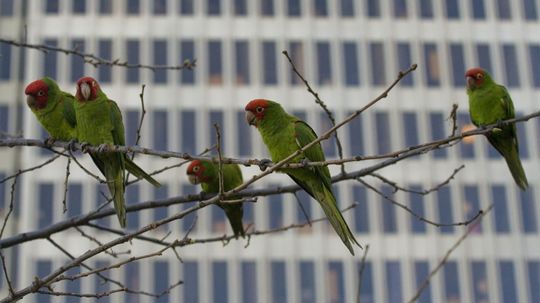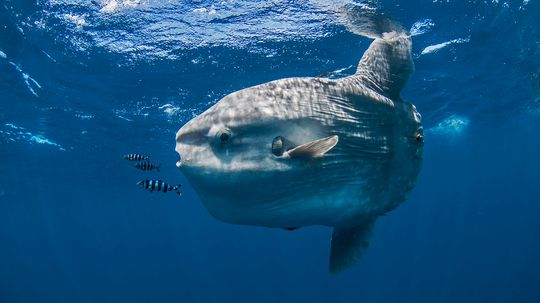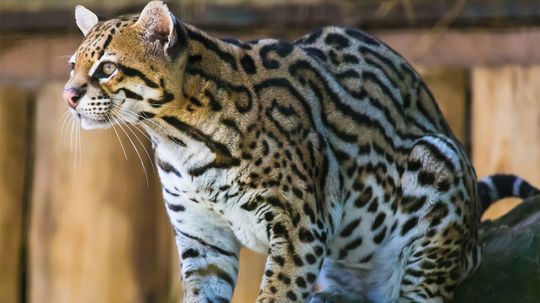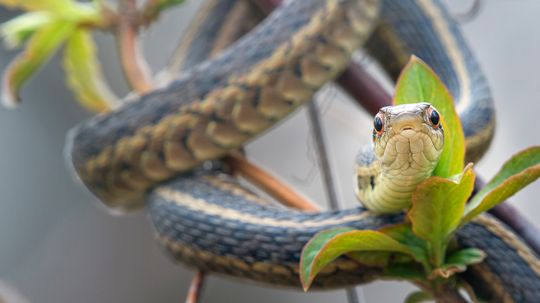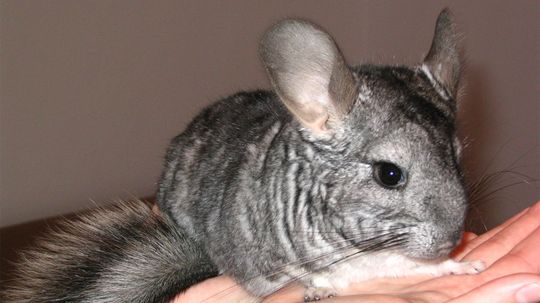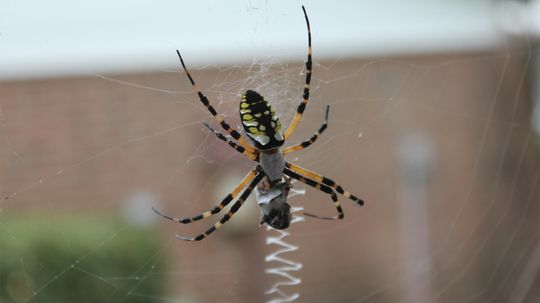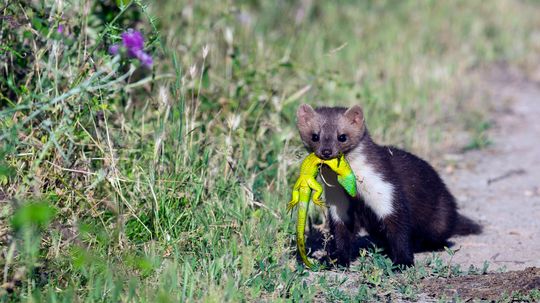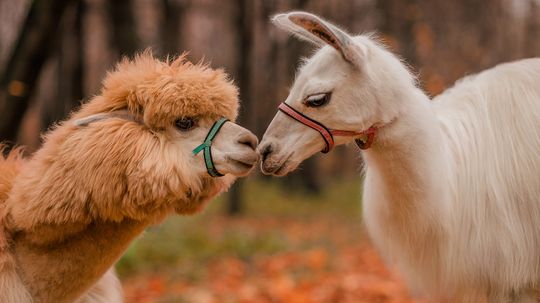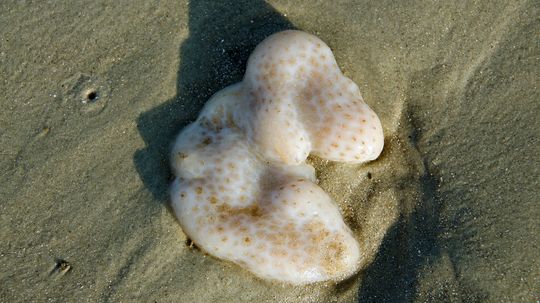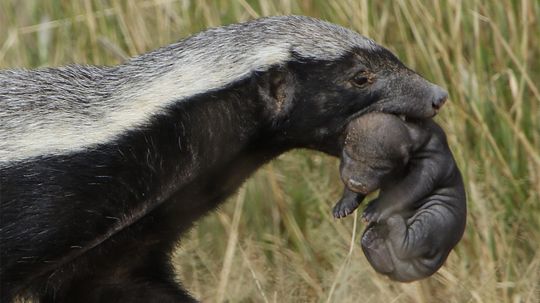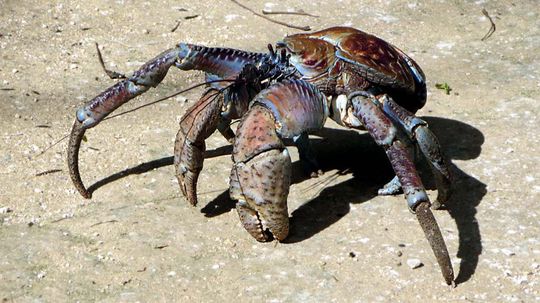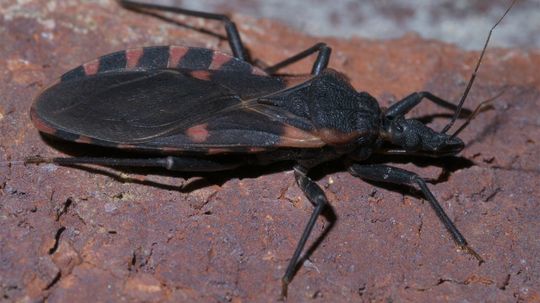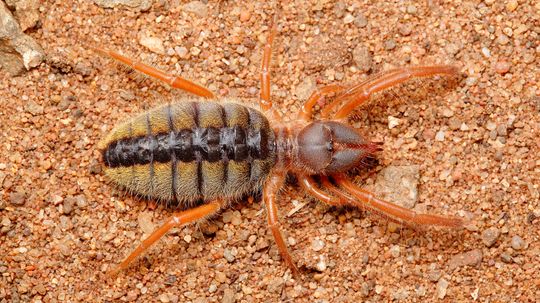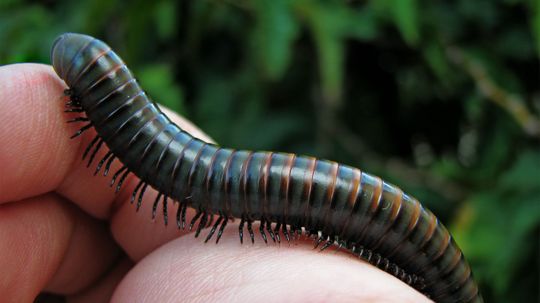Wild Animals
Whether they crawl, fly, swim, slither, walk, run or pounce, wild animals rely on their instincts. Read about all kinds of wild animals, mammals, birds, fish, insects, reptiles and amphibians.
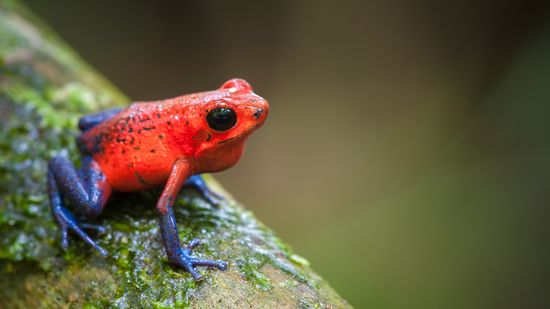
12 Colorful Frog Species: From Tie-dyed Designs to Rare Hues
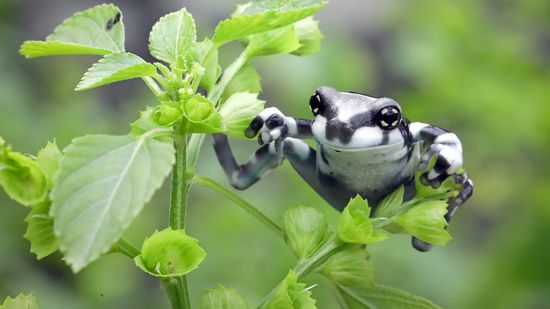
Amazon Milk Frog: Named for Its Defense, Not Its Color
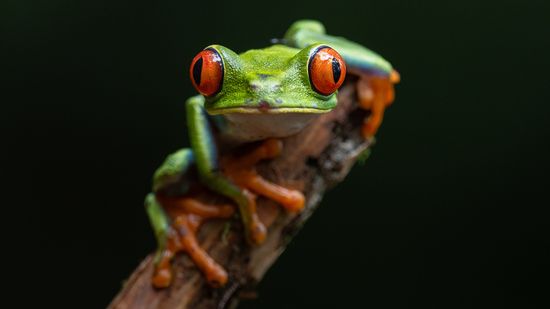
The Red-eyed Tree Frog Has Extremely Sensitive Skin
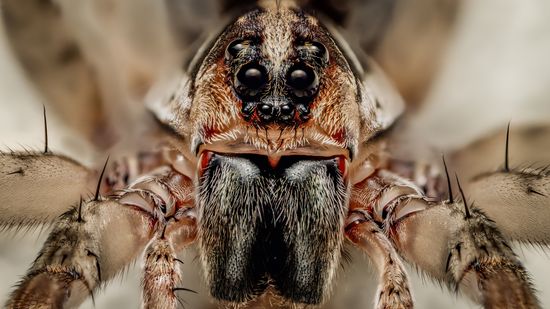
What Is a Group of Spiders Called? (Aside From Icky)
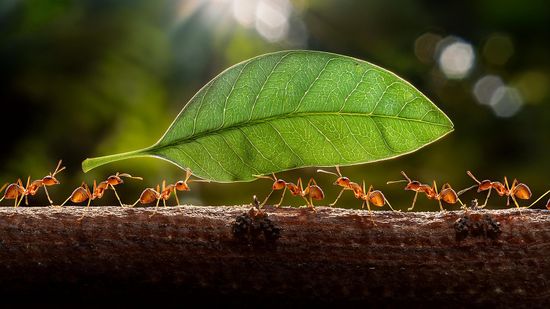
What Is a Group of Ants Called? Army vs. Colony vs. Swarm
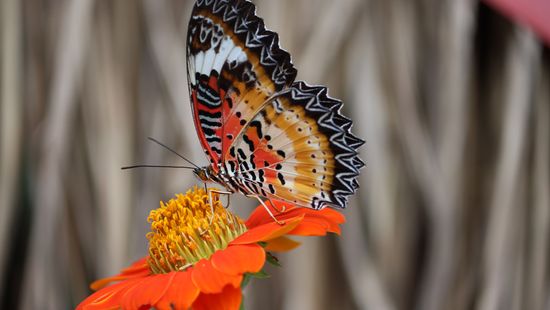
10 Red Butterfly Species Found From India to Florida to Europe
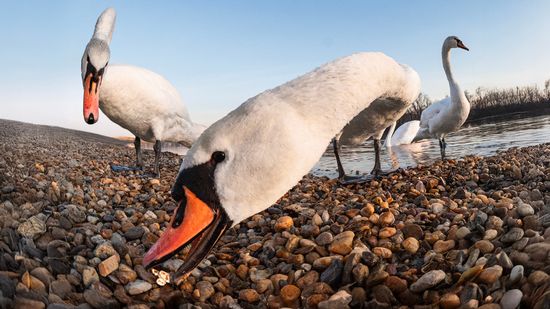
What Is a Group of Swans Called? Not a Flock
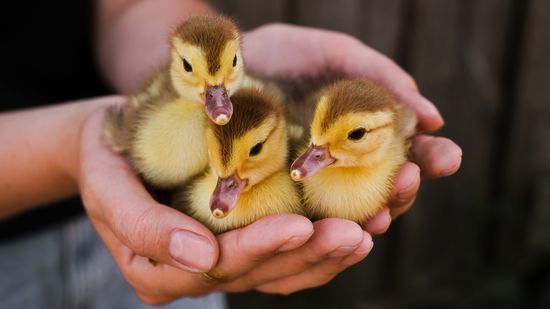
What Is a Group of Ducklings Called? It's Surprisingly Moody
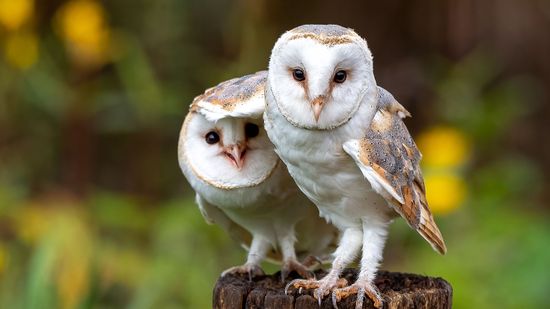
What Group of Birds Is Called a Parliament?
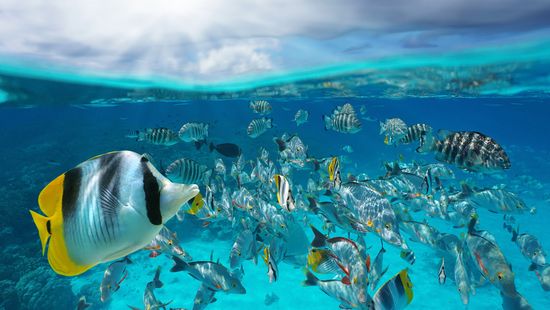
What Is a Group of Fish Called? Not Always a School
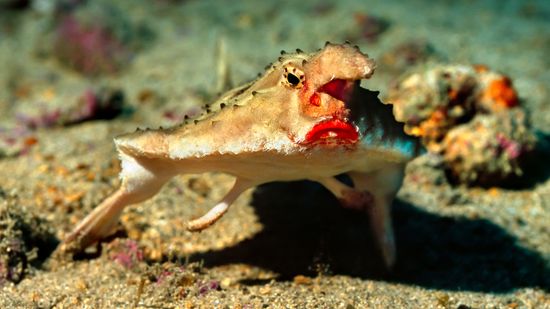
10 Weirdest Fish in the World: Batfish, Hairy Frogfish, and More
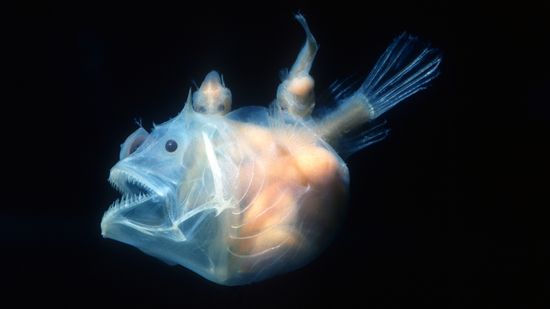
10 Scariest Fish Lurking in Rivers, Deep Ocean Waters, and Shells
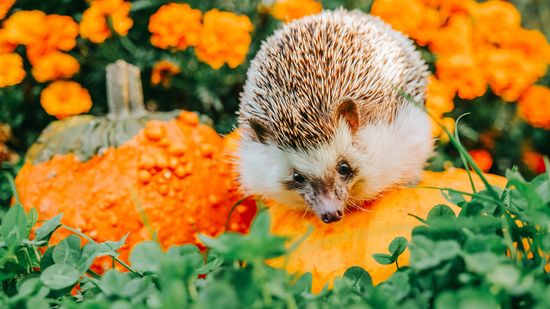
What Is a Group of Hedgehogs Called? It's Adorably Appropriate
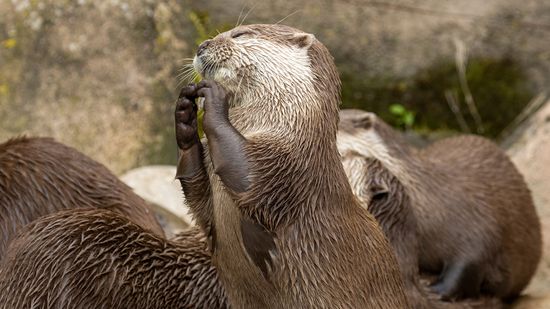
What Is a Group of Otters Called? The Official Terms Are Adorable
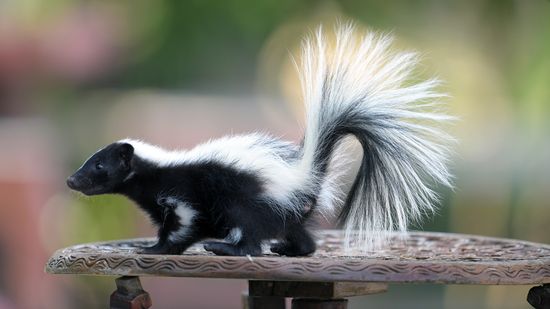
What Is a Group of Skunks Called? Here's Why You've Never Asked Before
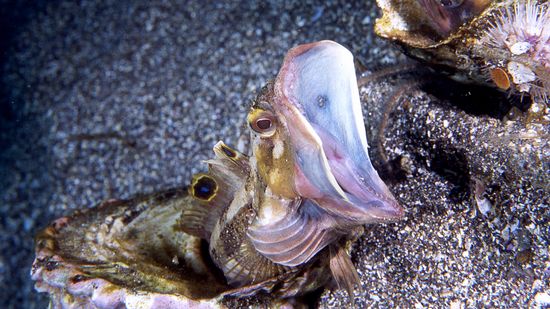
10 of the Scariest Sea Creatures Lurking in the Ocean's Depths
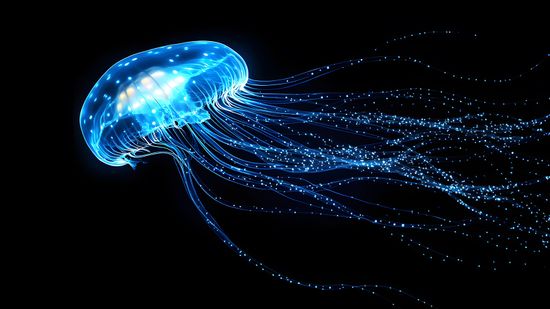
How Bioluminescent Jellyfish Get Their Signature Glow
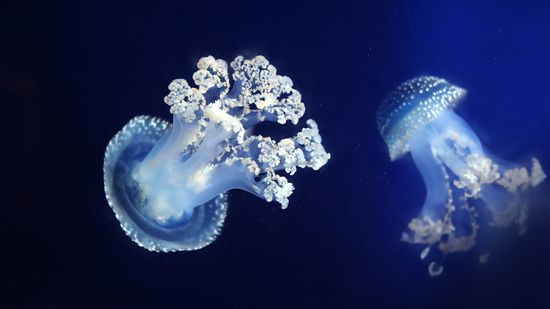
White Spotted Jellyfish: Cute Until They Become Invasive
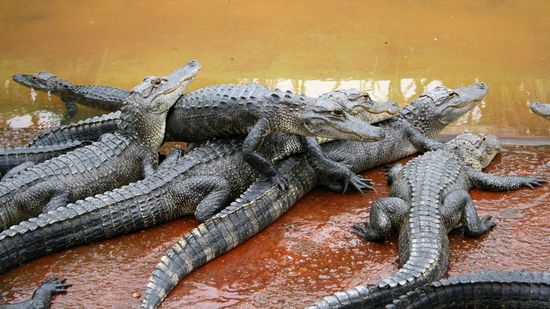
What Is a Group of Alligators Called? It Sounds Surprisingly Formal
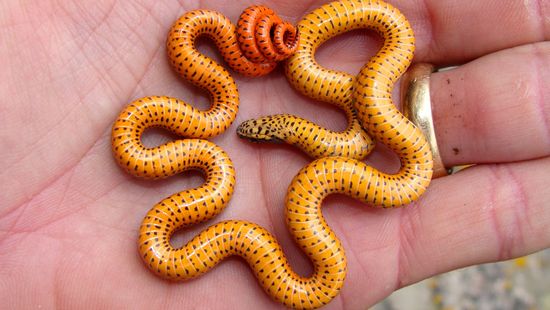
10 Cutest Snake Species That Have Us Squeeing
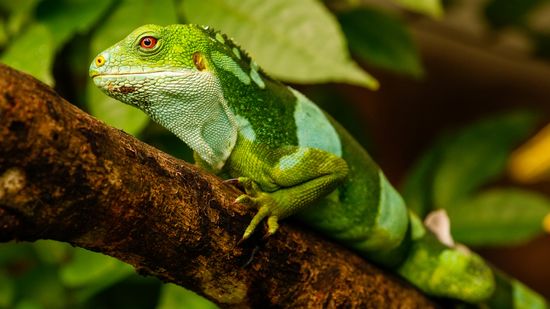
10 Colorful Lizards to Delight Reptile Lovers
Learn More / Page 27
Fisher cats aren't actually cats, but cat-sized members of the weasel family, and their favorite snack is - yikes - the porcupine.
These nasty pests are developing cross-resistance to multiple classes of insecticides.
Arguably the most charming rodent in the world, the capybara is also the largest.
Advertisement
The colorful superstars of backyard water gardens are actually ornamental varietals of domesticated carp.
Cottonmouth snakes are often called water moccasins and are one of only four venomous snakes found in North America.
It is the largest animal ever to exist on the planet.
Though a copperhead will bite if disturbed, and it is venomous, its bite is rarely fatal.
By John Perritano & Zach Taras
Advertisement
Just like bees, wasps are pollinators that are also endangered. But you rarely hear anyone pleading to save wasps. A study finds out why wasps are despised by the public and researchers alike.
By Dave Roos
Despite being known as the "lesser panda," the red panda is so totally cute, we simply can't use that moniker. No way. Not now. Not ever.
The parrots of the Telegraph Hill neighborhood of San Francisco are legendary, but how did they get there?
It's one of the gentle giants of the sea. It loves sunbathing, dining on crabs and taking deep dives to the ocean floor.
By Mark Mancini
Advertisement
The ocelot may look like a slightly wilder version of a domesticated tabby cat, but they are three times the size of house cats, much fiercer and, though abundant in some areas, still endangered.
Garter snakes are harmless, very common and beneficially feed on slugs, leeches, large insects and small rodents in North American gardens.
Ninety percent of brown recluse bites don't have any effect at all - but the mythology around these creatures and their bites is legendary.
These adorable little rodents are popular as pets, but they require some special care.
Advertisement
Is the "banana spider" you're looking at the one that sits around harmlessly catching flies, or could its bite kill a small child? If we rely solely on common names, this question is complicated.
It may seem like just the cutest thing in the world to you, but owning a pet monkey is a really bad idea. Here's why.
These little critters are super cute, so why do they have a reputation for being one of the worst of the mammal world?
By Mark Mancini
Llamas and alpacas are very similar animals, but the differences in personality are striking.
Advertisement
Is that a dolphin pancreas? Some extremely firm manatee vomit? Nope, it's sea pork!
Because most of what we know about honey badgers comes from a three-minute comedy video, there are a lot of misconceptions about these wily weasels.
The biggest land-dwelling arthropod can crack into everything from coconuts to carcasses, but they're also really vulnerable.
These nasty little bugs have been reported in 28 U.S. states and can cause an illness called Chagas disease.
Advertisement
These arachnids are aggressive, unbelievably fast and love to murder ants for no reason, but don't worry - they're harmless.
If you think the answer is 1,000, you're way way off.
